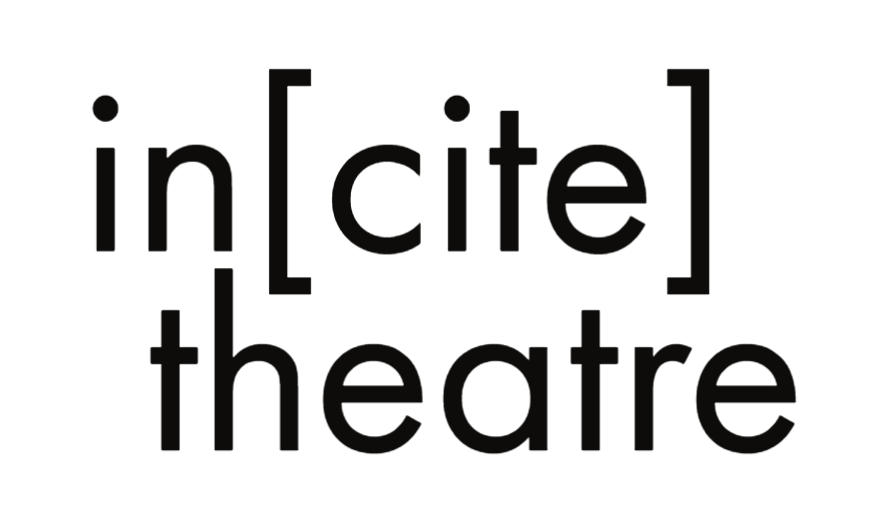Counter-texts are texts that we used to form the world of the play as inspiration. DJ Hopkins describes them as an “alternative centre of gravity” or authority; they help to create a robust world that is grounded in history. They may be a film, television show or book; they may or may not make an appearance in the final version of the play, instead existing alongside what is created, informing it but not actively referenced, existing more for the theatre-makers than audience. As dramaturgs, the team researched and reported on these counter-texts for contributions that would inform performance, direction and scriptwriting.
One such counter-text is Network, a 1976 American satirical drama that follows a network station, UBS, as they struggle to stay relevant. In the film, newsreader Howard Beale, who has a public breakdown on air, asserting that he will kill himself on next Tuesday’s broadcast. It takes ironically long for anyone to notice what he has done and try to wrestle him off-screen, but the damage is already done: that is, until network executive Diana Christensen convinces her boss that Howard Beale should have his own on-air show, where he functions as “the mad prophet of the airwaves”. His speeches resonate with an audience that are just as angry with the state of the world and are desperate to hear their frustrations echoed back to them.
Howard is often accused of madness in the film, and indeed seems from the offset to be suffering from a psychotic break. However, his messages have such a sharp clarity to them that you wonder if he has been driven ‘mad’ simply because he is seeing the awful truth about the world around him. He talks of a sharpened spiritual awareness, a connection with everything around him that allows him to see just how out of sync their way of life is with humanity’s natural rhythms.
However, this incredibly volatile situation cannot last for long. Howard turns on the very network which is financing his show, accusing them of selling out to the Saudis and ultimately being the downfall of his own show. We are reminded that he is just a person, and a vulnerable one at that, being exploited for ratings.
Another turning point which solidifies his downward spiral is a meeting he has with a shadowy executive, who plays into his delusions and manipulates him to his will. He speaks his language, talking about worship and religion in order to get him to worship the new gods of capitalism and currency. The “natural order” of things is the oppression of everyone under the “multinational dominion of dollars”, where there is no such thing as nation or people. The world itself is nothing but a business.
Howard begins to preach this gospel to his choir, but they (unsurprisingly) don’t want to hear that they are as “replaceable as piston rods”. They begin to tune out his messages instead of engaging with them. At the end of it all, he is assassinated live on TV by the network, having been wrung dry of every ounce of energy he can provide to the corporation he was trying so hard to escape from.
The film came out two years after the death of Christine Chubbuk, who committed on-screen suicide by shooting herself in the head in the middle of a broadcast. Rather than inspiration for the plot, the horrific incident was apparently merely an eerie coincidence that ran parallel with his writing of the screenplay. In the wake of the tragic suicide of Heath Ledger and the ridicule Charlie Sheen faced after his meltdown on the internet, it seems we are bound to romanticise pushing entertainers to their limit and the more public the spiral the better.
A particular source of inspiration for us when it comes to The Clouds was the network executive who only appears on-screen for a matter of minutes but exerts such influence over Howard that he
ultimately causes his demise. He influenced the imagining of Thesis, who is an academic, logical, rational orator. He references Network in his assertion that “we no longer live in a world of nations and ideologies… The world is a corporation. Capitalism is our body.” He worships capitalism, Jeff Bezos, and what he sees as the ‘moral order’. In this world, Bezos achieved a God-like status through his wealth and monopoly on everything people needed in order to survive the parrot virus, and Thesis argues that capitalism is naturally entrenched into us, equating it to something like a biological ecosystem that shouldn’t be disrupted. For those that live in the order Bezos has created, it is hard to imagine that we could function any other way. However, unlike in the film where Beale is wholly convinced by the executive’s argument, Phillippa has Anti-Thesis as an ally to help her imagine that things could be different. She tears everything down in the hope that something new can be built from the ashes. The question is, then, whether we can find another way of living that doesn’t involve submitting to an all-dominating higher power, or whether the characters are chasing an idealistic dream that can never be realised.
Sources:
D.J. Hopkins’ “Research, Counter-text, Performance: Reconsidering the (Textual) Authority of the Dramaturg,” Theatre Topics, Volume 13, Number 1, March 2003, pp. 1-17
Network, 1976.
Wikipedia.com.


Parallels with Neil Gaiman’s American Gods, the old Vs the new…
LikeLike